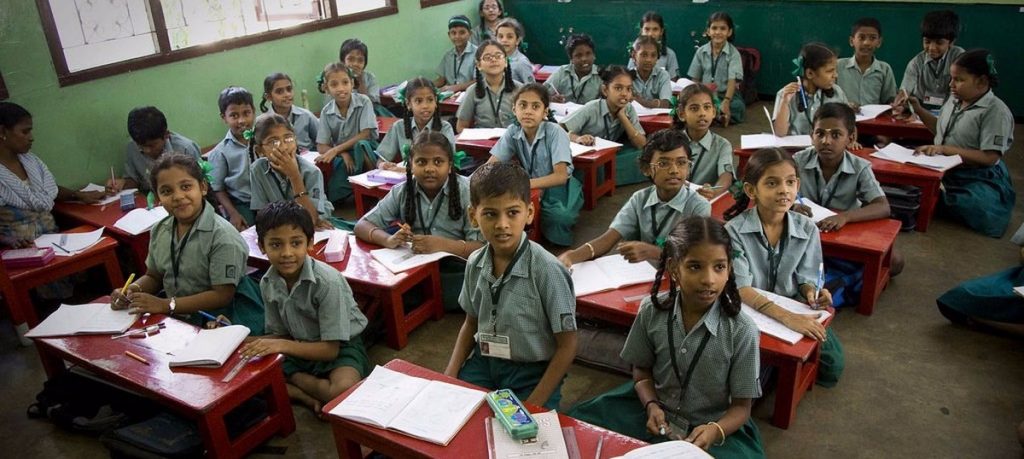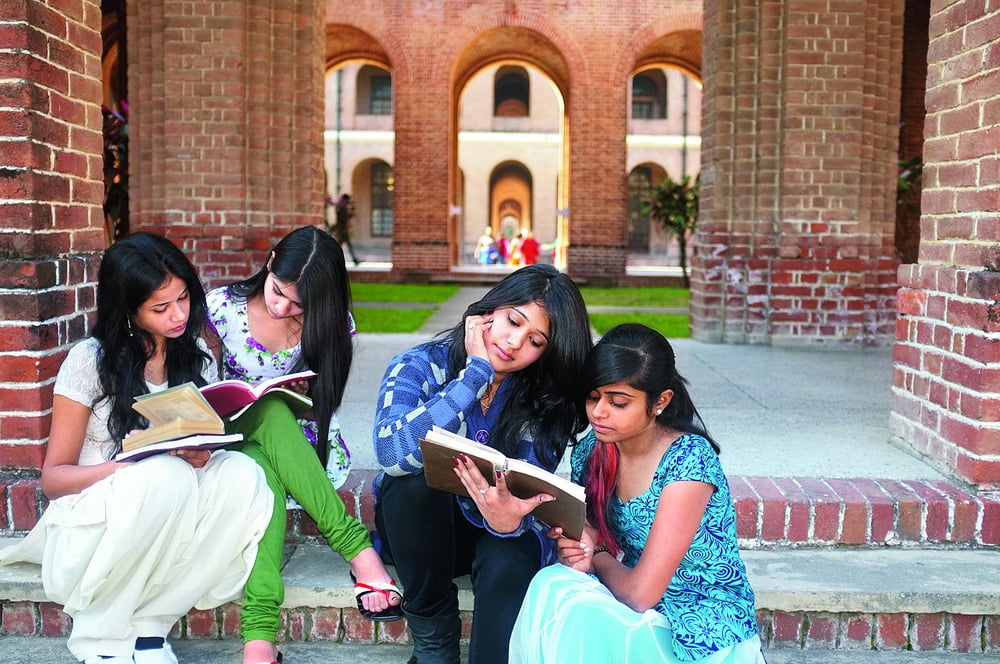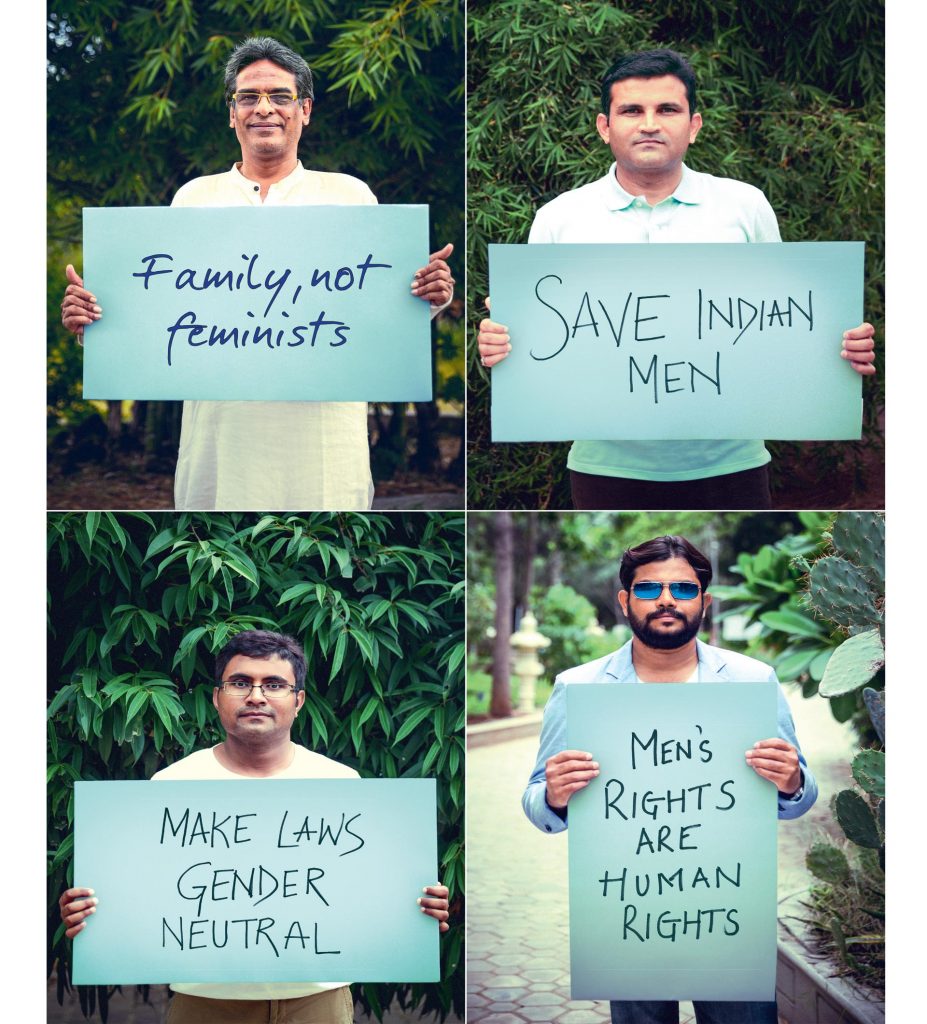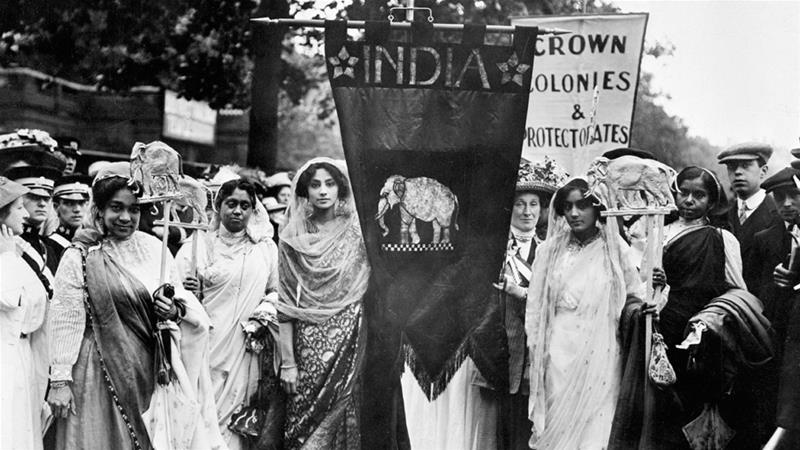2014. I had secured admission in an urban, elite college in Bombay. Since I had always been a typical ‘above-average’ student (judging by my marks, obviously) in school, I thought college would be a mere cakewalk. I conveniently thought I was ‘well-read’ (since ‘woke’ wasn’t a commonly used term then), and progressive ‘enough’. I took pride in being able to correctly memorise the fundamental rights and freedoms, and in being able to correctly reproduce them in tests. I had learnt enough history to know that India had to fight for her independence, just like Africans had to fight against racism. I knew India had a long history of rulers and invaders. I knew World Wars were terribly disastrous, and that we absolutely cannot afford to have another. Things were that simple, and life seemed good.

Guess what? I was wrong. College turned out to be a huge reality check. Turned out, I was unaware of so many things. Had it not been for the discussions in class, and more importantly, the interactions I had with my peers, I’d still be basking in my own ignorance. I was made aware of the society around me that I had always been oblivious to. I learnt that people live with multiple identities- a person may be an upper-caste, Hindu, heterosexual, land-owning man. With multiple identities, come multiple hierarchies within those identities, and with multiple hierarchies, come multiple levels of oppression.
Being feminist is not just a pre-requisite to being a good human or a virtue or value, being feminist also means that you acknowledge the countless fights that have been fought, the sacrifices that have been made. It means that you are aware of the history. This process of learning would have been easier had I learnt a little bit of feminist history in school.
I had attended a Parliamentary debate in college. The motion was, “This House believes that Mia Khalifa should be a role model for the Middle East.” While, in retrospect, the motion and the arguments presented could be flawed, it was the first time I was introduced to the feminist discourse. Until then, my understanding of Feminism was very restrictive and limited; I had never heard about intersectionality. Who knew womxn’s rights were linked with, and were in many ways, dependent on race, caste, profession! I was too pre-occupied with debating with my peers on how the term Feminism is biased and misleading. However, gradually, I began to understand that my understanding of Feminism was limited by my privileges, and that I could not call myself a feminist if I was oblivious to the struggles of other marginalised communities.

It took me some time to learn about the history of Feminism, the womxn’s movements and the struggles associated. Only then did Feminism cease to be an ideology for me; instead, it became a movement, a continuous struggle, a revolt. It is a revolt that has witnessed countless sacrifices; many people (especially womxn) have sacrificed their lives for us to be able to enjoy certain rights. Being feminist is not just a pre-requisite to being a good human or a virtue or value, being feminist also means that you acknowledge the countless fights that have been fought, the sacrifices that have been made. It means that you are aware of the history. This process of learning would have been easier had I learnt a little bit of feminist history in school. I therefore, propose that feminist history should be taught in school. Children should at least be introduced to the waves of Feminism or the womxn’s movements. They should be initiated into the feminist discourse.
Also read: Remembering Chipko Movement: The Women-led Indigenous Struggle
Alan Rickman, who had essayed the character of Severus Snape in our beloved Harry Potter series, had once said, “I always think feminism just means common sense.” Nothing could have been more apt! However, this common sense is uncommon. Over time, I have also realised that my understanding of Feminism largely stems from the literature I have read, and the media I have consumed, owing to my education in the Humanities. However, many people might not have access to feminist literature or media. I have often heard people accuse Feminism of ‘male-bashing’, and when asked what Feminism means to them, many people have told me that Feminism usually entails role reversal, where women are empowered at the cost of men.
It is important to note that we do learn about the civil rights movement in school; we do learn, albeit superficially, about the issue of race and caste. Womxn’s movements are usually left out. Womxn have fought, just like African-Americans have, for their rights.
It usually becomes ‘us’ versus ‘them’. I have also observed (based on the interactions I have had with people around me) that people derive their understanding of Feminism from the mainstream media they consume, which is more often than not, misleading, and is in many ways responsible for their flawed understanding. I am aware of the fact that my observations are based on my interactions with a limited set of people, belonging to a certain section of the society, which is certainly not representative of the society at large, and therefore, cannot be properly generalised. However, I strongly believe that had they known more about the history of the feminist movement, it would have helped them form more well-informed opinions.

People tend to have strong opinions on the issue of racism, on discrimination based on colour, caste and race. It is important to note that we do learn about the civil rights movement in school; we do learn, albeit superficially, about the issue of race and caste. Womxn’s movements are usually left out. Womxn have fought, just like African-Americans have, for their rights. In fact, African-American women have been doubly oppressed, and have fought doubly hard.

It is important to introduce children to the waves of Feminism, to teach them about the suffrage movement, to tell them stories of the suffragettes, of womxn like Wollstonecraft, Beauvoir, bell hooks, Savitribai Phule, Rosa Parks, Angela Davis, etc. It is important to make them aware of what the womxn were fighting for, what was at stake, and how has society changed over time.
Also read: Six Women’s Movements From The North East That You Should Know Of
Children spend most of their formative years in school, and it will not be a far-fetched claim to make that what they learn in school will form the basis of their perceptions and opinions. Therefore, it is important to educate them on the feminist concerns and movements. Only then will people not be apprehensive of the F-word, and we will be able to fulfil Adichie’s dream – ‘We Should All Be Feminists’.
Note: The term Womxn is an alternative term for the English language word women which has been regularly in use since 2015 to explicitly include transgender women and women of color.
Featured Image Source: Al Jazeera
About the author(s)
Simran is a masters student in Literature who never tires of exploring the interdisciplnary nature of Humanities.




